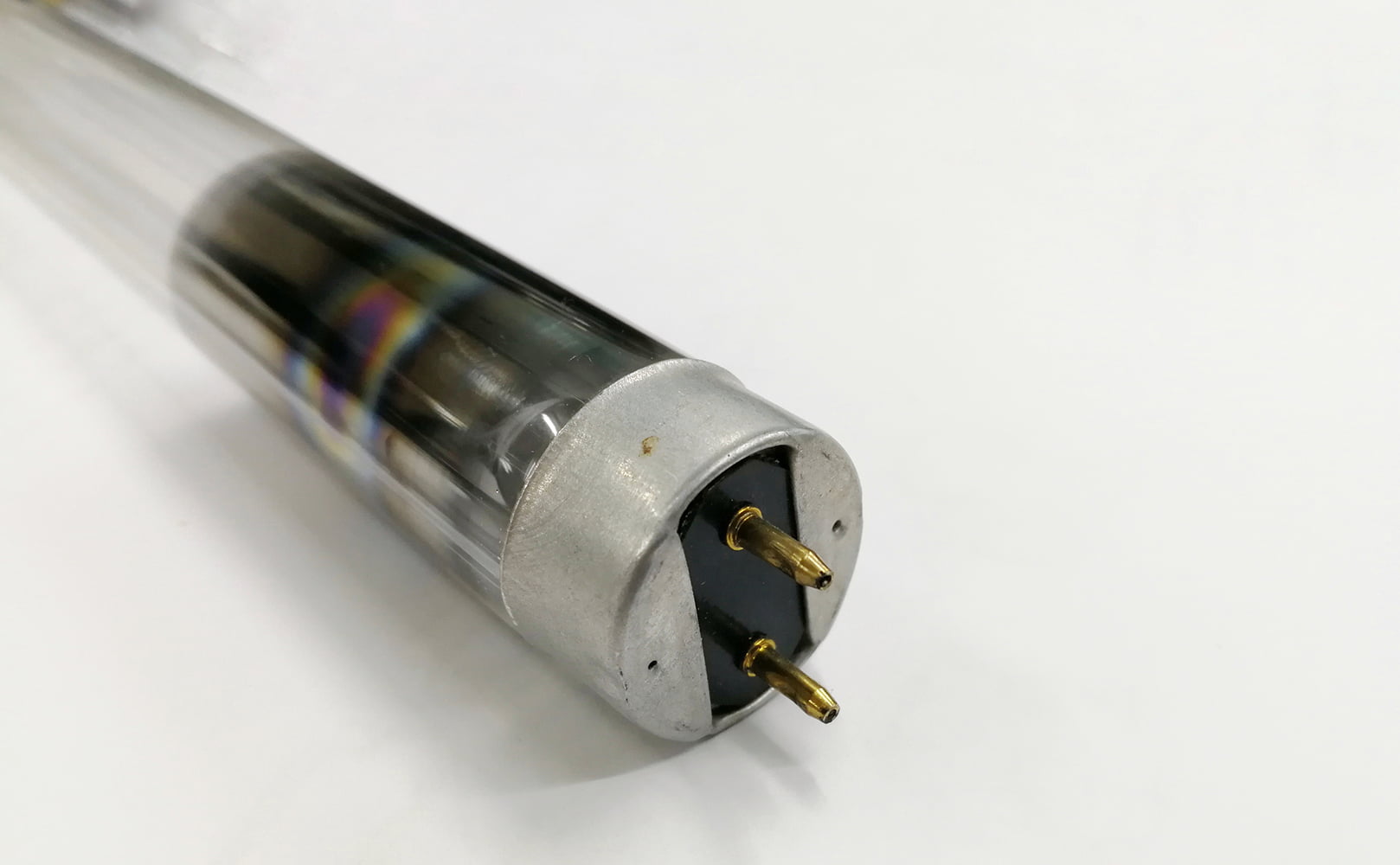What Does a UV Light Water Filter Do to Water?
Written by: Gene Fitzgerald // Last Updated: Dec 22, 2022
This page may contain affiliate links. If you buy a product or service through such a link we earn a commission at no extra cost to you. Learn more.
If you’re in the market for a water purification system, you’ll see a good range of UV units available.
While using UV disinfection is not strictly necessary, it can make a huge difference in certain cases of water treatment. Extracting your water from a well is a common example of that.
With that in mind, what does a UV light water filter do to your water?
Key Takeaways
- A UV light water filter works very well when it comes to dealing with bacteria and other biological contaminants. It exposes water to UV-C radiation which kills any living microorganisms quickly and reliably.
What Does a UV Light Water Filter Do to Water?
A UV light water purifier exposes water to UV-C light as it runs through it.
This is done without any direct physical contact with the water. The UV light bulb is encased in a quartz sleeve which allows UV-C light to pass through more effectively compared to regular glass.
Water enters the UV purification unit from one end, runs through the main chamber, and comes out from the other end purified.
Effects of UV-C Light on Waterborne Pathogens
UV-C light is very harmful to bacteria and other types of waterborne pathogens. Very brief exposure is enough to completely neutralize said microorganisms by scrambling their DNA. It prevents them from reproducing and they die.
The only downside is that UV radiation doesn’t actually remove the bodies of those microorganisms from the water, but that’s not a problem in reality.
What Can UV Remove?
UV water purification is specifically intended for killing microorganisms: Bacteria, viruses, cysts, algae, and mold.
It doesn’t remove anything else from the water – in fact, as we mentioned above, it doesn’t even remove the microorganisms themselves, it just kills them.
That’s why UV systems work best when combined with other water purification methods. Those additional filters and softeners should ideally be installed before the UV purifier. That way, water will be free of other contaminants once it enters the UV purifier, and there’s no risk that something will obstruct the UV light rays.
Does a UV Water Purifier Work in All Water Conditions and Against All Microorganisms?
A UV water purifier requires some specific conditions to work optimally. First and foremost, its effectiveness will depend on how clear the water passing through is. Contaminants like iron, manganese, tannins, limescale, and sediment can obstruct the UV rays, creating shadowed areas where germs can pass through unharmed.
This can be avoided through proper pre-treatment. Running your water through a series of additional filters before passing it through the UV purifier is the best way to ensure that the purifier will do its job properly.
Benefits of UV Disinfection
- Works constantly without requiring any interaction on your part
- Doesn’t damage your plumbing
- Doesn’t affect the taste or smell of water
- Kills nearly 100% of pathogens in your water supply
- Easy to install and maintain
Drawbacks of UV Water Purification
- Doesn’t work without electricity
- Requires pre-filtration for optimal efficiency
- Can only filter water continuously with no storage tank option
Maintaining a UV Water Treatment System
Even though a UV water treatment system has relatively low maintenance requirements, it will still take some work on your part to keep it in a good condition. Most maintenance operations need to be performed only once a year at most.
Replacing the UV Light Bulb
A UV light bulb never actually burns out in the traditional sense. Instead, its strength diminishes over time. After about one year of continuous use, the light bulb in your UV purifier will not be strong enough to work effectively and will need to be replaced. This is a simple procedure which can be done without calling a professional.
Cleaning the Quartz Sleeve
The quartz sleeve which encases the UV light bulb will accumulate some grime over time. This is problematic because it reduces the UV transmittance of the sleeve. As the sleeve gets dirtier, your UV water purifier will start to work less effectively. You should take out the sleeve and wipe it down with a piece of cloth at least once a year to keep it in a good condition.
Replacing the Quartz Sleeve
Even with regular cleaning, the quartz sleeve will eventually fog up permanently and will have to be replaced. This usually happens after about two years of continuous use. You might have to replace yours more frequently if your water is heavily contaminated and you’re not pre-filtering it very well.
Just like swapping out the UV light bulb, replacing the quartz sleeve of a UV water purifier is very simple and it’s something you can do on your own.
Why Use a UV Water Purifier?
Using a UV water purifier is highly recommended when you’re dealing with biological contaminants. Those are not always very dangerous, but some can pose a serious health hazard. With the help of a UV water purifier, you can easily get rid of most types of bacteria and other harmful microorganisms without altering the water’s properties in any other way.
You won’t notice any unusual smells or changes in the water’s taste, and you won’t have to do anything to keep your water purified after you’ve installed the unit, other than to occasionally replace its light bulb and clean/replace the quartz sleeve.
Not everyone needs a UV water purifier. It’s only useful in cases that involve biological contamination. But if you’re extracting your water from a well, for example, you can rarely get away without using a UV purifier.
If you have any thoughts about the question, what does UV light do to water, please don’t hesitate to leave a comment below!
Information provided on BOS is for educational purposes only. The products and services we review may not be right for your individual circumstances.
We adhere to strict editorial guidelines. Rest assured, the opinions expressed have not been provided, reviewed, or otherwise endorsed by our partners – they are unbiased, independent, and the author’s alone. Our licensed experts fact-check all content for accuracy. It is accurate as of the date posted and to the best of our knowledge.



